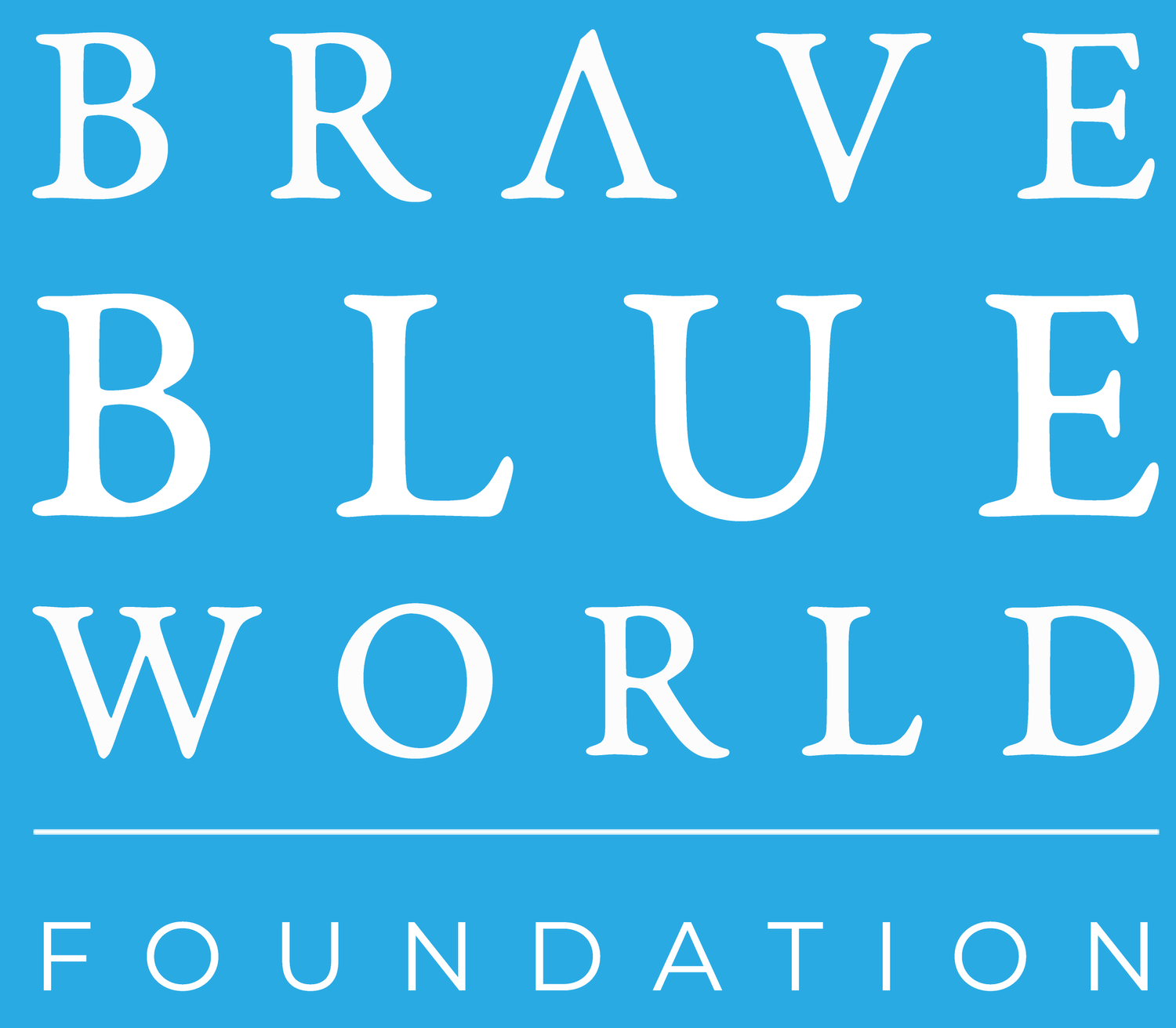Brave Blue World Trailer Launch – and tackling gender imbalance in water
Education, mentoring and inclusion all play a part in addressing the water industry’s gender imbalance – but is the digital revolution also a vital piece of the puzzle? Hear the thoughts of two leading engineers in this Brave Blue World podcast with Tom Freyberg https://spoti.fi/2U5HvvK, but first….
Brave Blue World trailer out now
Some amazing news to share – the trailer for Brave Blue World is here!
It features Water.org founder and actor Matt Damon and gives a snapshot of the Brave Blue World journey, ahead of the film’s official launch in November.
The feature-length documentary celebrates the advancements taking place to deliver water services across the globe.
Hear a clip of the trailer in this podcast or watch it here https://www.braveblue.world/. If you like it, please share!
Tipping the scales - addressing gender imbalance in water
The gender imbalance in the water industry means it is missing out on a wealth of talent - harnessing the skills of women is hugely important if the sector is going to solve the critical challenges it is facing.
It is an acknowledged issue across the science, technology, engineering and maths (STEM) worlds - a 2017 study by PwC UK found that girls are less likely to study STEM subjects at school and university and that a shortage of female role models was a major barrier to young women joining these industries.
Kimberly Kupiecki is a global expert on sustainability at DuPont Water Solutions. She started her career as a chemical engineer before realising her passion for water.
She told Tom greater diversity was essential to tackle the skills gap the industry faces: “There are not enough experienced people in this space. It’s a limiting factor in solving this water crisis. This next generation is open. I think we need to approach them and educate them.
“Young women need to see themselves in their older peers. The professional women that are in this space need to get out, need to speak about this, need to be role models.”
While mentoring was a “huge opportunity” Kupiecki stressed the need to go beyond that and look to governments and education authorities: “There needs to be some thought around curricula. How do we really apply what we know about not just diversity but inclusion into the curricula and into these groups that are forming?
“The gap is wide. It’s not just women who are going to fix this. We definitely need men to fix this too, and open up their inner circles and let women in.”
Digital technology might also make the industry more appealing to young women, she said: “Open the door in a familiar area, with big data, analytics, sensors. That could be a way to also attract talent. There is a lot of openness to new ideas about how we can do things better. We’re all looking for answers.”
Elena de la Vieja Molina is a director at Aqua Advise, a desalination specialist. She studied mechanical engineering in Spain, wanting a career that gave her opportunities to travel.
She said she had seen some progress: “We are seeing that in the last 20 years, gender imbalance has definitely improved although slowly. I think the question is how can we accelerate? The tide is changing and I’m positive we will get to a point where gender imbalance is not an issue that needs to be discussed.”
Hear Tom’s full conversation with Kimberly and Elena, including their personal stories and advice to women thinking of a career in water https://spoti.fi/2U5HvvK
Subscribe to our podcast channel on iTunes and Spotify today and keep up-to-date with all things Brave Blue World!
